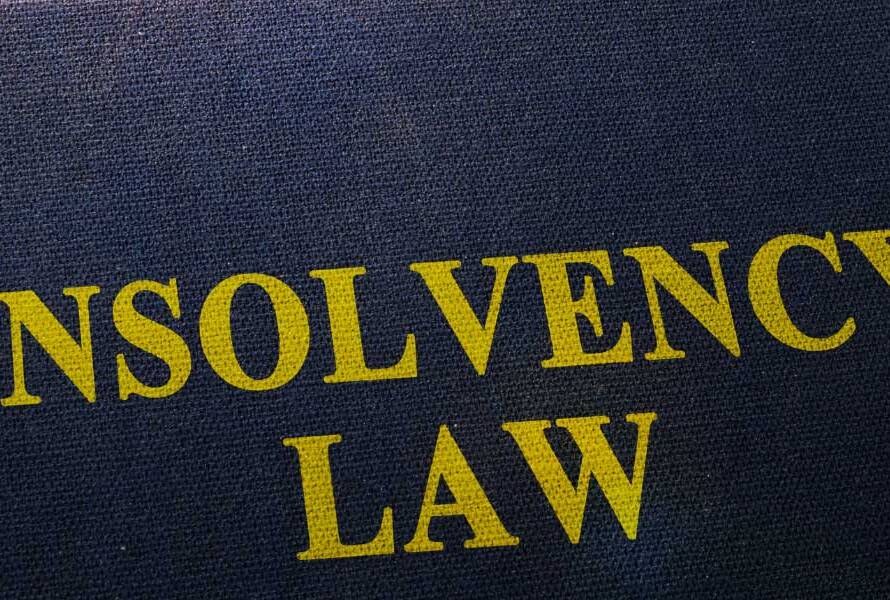High Courts not having original civil jurisdiction
By Purazar Fouzdar, Partner and Ruddhi Bhalekak, Associate
Case Title: Chief Engineer (NH) PWD (ROADS) versus M/s. BSC & C and C JV, Hon’ble Supreme Court of India, SLP No. 10544/2024. Decision date: 13th May 2024 Coram: Hon’ble Mr. Justice Abhay S. Oka and Hon’ble Mr. Justice Ujjal Bhuyan Brief Facts: The Special Leave Petition (“SLP”) filed before the Hon’ble Supreme Court challenged the impugned final Judgement and Order dated 22nd April 2024 in CRP No. 2 of 2024 passed by Hon’ble Mr. Justice H.S. Thangkhiew of Hon’ble High Court of Meghalaya at Shillong. The Civil Revision Petition filed in the Hon’ble High Court of Meghalaya at Shillong had in turn arisen when the Ld. District Judge, Commercial Court, East Khasi Hills, Shillong (“said Court”) by Judgement and Order dated 16th February 2024 passed in Commercial Misc. Case No. 1 of 2024 held that the said Court had the jurisdiction to entertain an application for extension of the mandate of the Arbitral Tribunal under section 29A of the Arbitration & Conciliation Act, 1996 (“Act”). The main issue essentially was the interpretation of the expression ‘Court’ as given in sub-section 4, 5 and 6 under Section 29 of the Act. The Petitioner herein inter alia contended that Section 29A (6) of the Act provides that the Court while extending the mandate can substitute one or all the arbitrators, thus such power of substitution being part and parcel of the power of appointment of arbitrator, is only available with the High Court under Section 11(6), the expression ‘Court’ used in Section 29A cannot mean the Principal Civil Court in the District under Section 2(1)(e). The Petitioner heavily relied upon the judgement of Hon’ble Delhi High Court in the case of DDA vs Tara Chand Sumit Constructions Co, 2020 SCC Online Del 2501, wherein it has been held that the conflict can be resolved or reconciled by interpreting the term ‘Court’ in the context of Section 29A of the Act to be a Court which has power to appoint an arbitrator under Section 11 of the Act. The Petitioner cited several other judgements which held on similar lines. The Ld. Advocate General inter alia argued that the interpretation suggested by the said Court has rendered the expression ‘unless the context otherwise requires’ superfluous. It was also argued that an interpretation should be made to avoid anomalous results, and that the suggestion given by the respondent therefore, would lead to such a situation where the District Court, would be vested with the power of appointment of a new arbitrator which would be in the teeth of Section 11 of the A&C Act. The Respondent had submitted that the term ‘Court’ under section 2(1) (e) of the Act read in context of Section 29(A) would mean the Principal Civil Court of original jurisdiction in a District including the High Court, in cases such a High Court is exercising ordinary civil jurisdiction. It was submitted that the High Court of Meghalaya does not exercise ordinary original civil jurisdiction and as such therefore, the term ‘Court’ appearing in Section 29A of the Act would mean Principal Civil Court i.e., said Court. Furthermore it was stated that the definition is inclusive of the High Court where it was required under the Act and specifically indicated therein including in section 11, 47 and 56 of the Act.Issue for consideration:
Whether the High Court not having original civil jurisdiction was empowered under section 29A of the Act to replace and substitute the Arbitrator(s), if the Court found that the cause of delay is one or all of the Arbitrators?Findings of the Court:
The Hon’ble High Court of Meghalaya at Shillong in the instant case observed that section 2(1)(e) allows the interpretation of the term ‘Court’ to be read, keeping the object of the statute intact and that the same should not result in defeating the purpose for which the provision i.e., Section 29A was inserted. The Hon’ble High Court further he held that keeping in mind that the said High Court does not possess original Civil Jurisdiction, coupled with the fact that, Section 11 nor Section 29A (6) do not come into play in the present case, as the arbitrators were not appointed by the High Court, the Commercial Court, East Khasi Hills, Shillong being the Principal Court of original jurisdiction will have the jurisdiction to extend the mandate as prescribed under Section 29A of the Act. The Hon’ble Supreme Court in the present SLP opined that the power under sub-section (4) of Section 29A of the Act vests in Court as defined in section 2(1)(e) of the Act. It is the principal Civil court of original jurisdiction in a district which includes a High Court provided the High Court has ordinary original civil jurisdiction. In the present SLP, the Hon’ble Supreme Court observed and held that the High Court does not have the ordinary original civil jurisdiction. The power under sub- Section (6) of Section 29A is only a consequential power vesting in the Court which is empowered to extend the time. If the Court finds that the cause of delay is one or all of the arbitrators, while extending the time, the Court has power to replace and substitute the Arbitrator(s). The said power has to be exercised by the Court which is empowered to extend the time as provided in sub-Section (4) of Section 29A of the Arbitration Act.Analysis:
Over the course of time, the courts in India have taken contrasting views on the present subject. There are three such distinct views taken by the High courts:-
- First- where the High Court which does not possess ordinary original civil jurisdiction cannot entertain a petition under section 29A of the Act;
- Second- where the High Court possesses ordinary original civil jurisdiction shall be the appropriate forum to entertain petition under section 29A of the Act;
- And Third- where the arbitral tribunal has been appointed by the High Court then in such an event the High Court shall have the jurisdiction to extend the mandate of the arbitral tribunal.
-
-
-
- “In the event an Arbitral Tribunal constituted by the High Court under Section 11(6) fails to complete the proceedings within the stipulated period/extended period, then an application under Section 29-A (4) would lie to the High Court in case of a domestic arbitration.
- In answer to the second question, we opine that in the event an Arbitral Tribunal consisting of three Arbitrators is constituted as per Section 11(2) i.e. with agreement and consent of the parties, fails to complete the proceedings within the stipulated period/extended period, the application under Section 29-A (4) would lie to the principal Civil Court of original jurisdiction in a district and includes the High Court in exercise of its ordinary original jurisdiction.”
-
-
– Purazar Fouzdar, Partner Ruddhi Bhalekar, Associate




